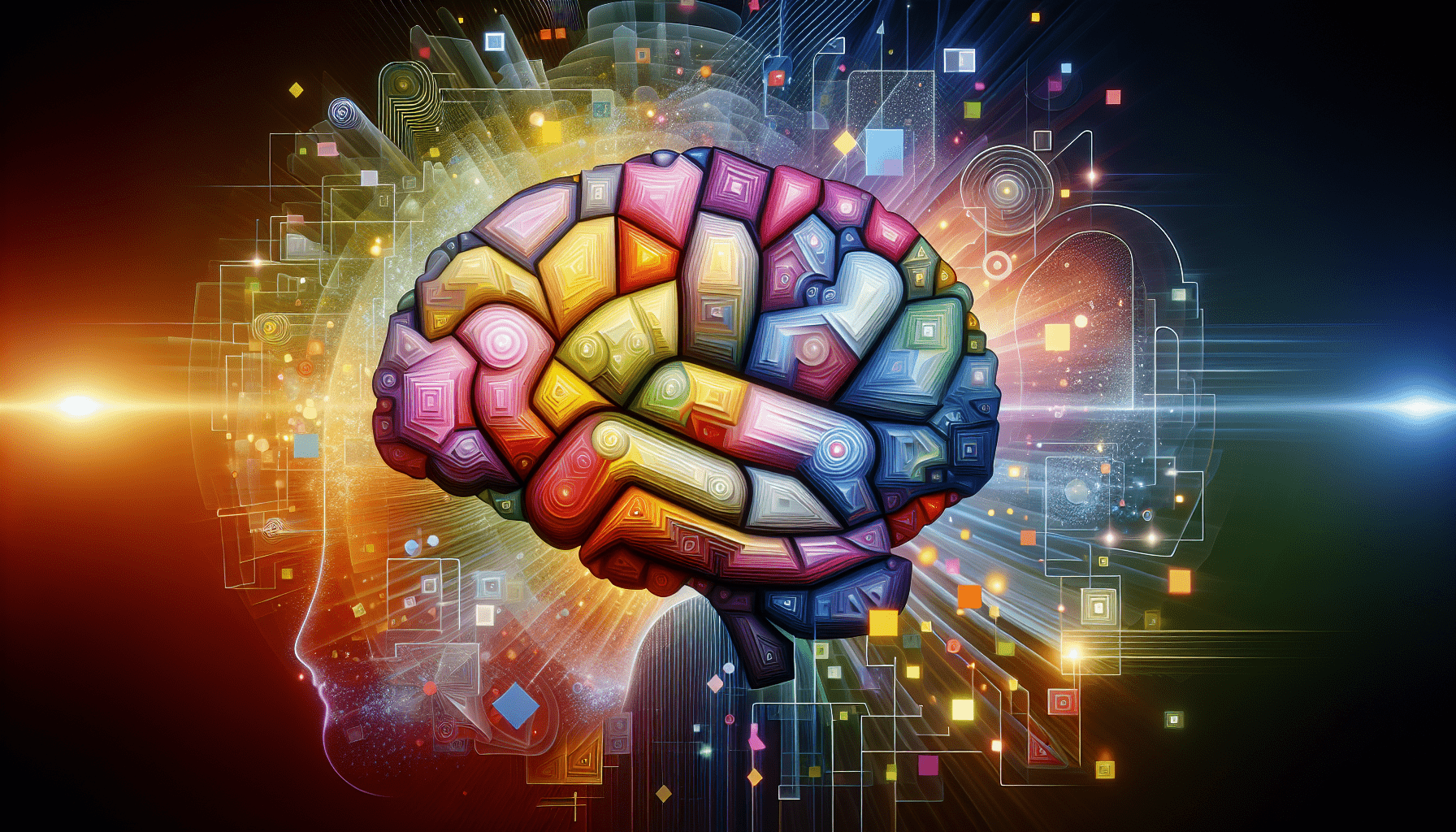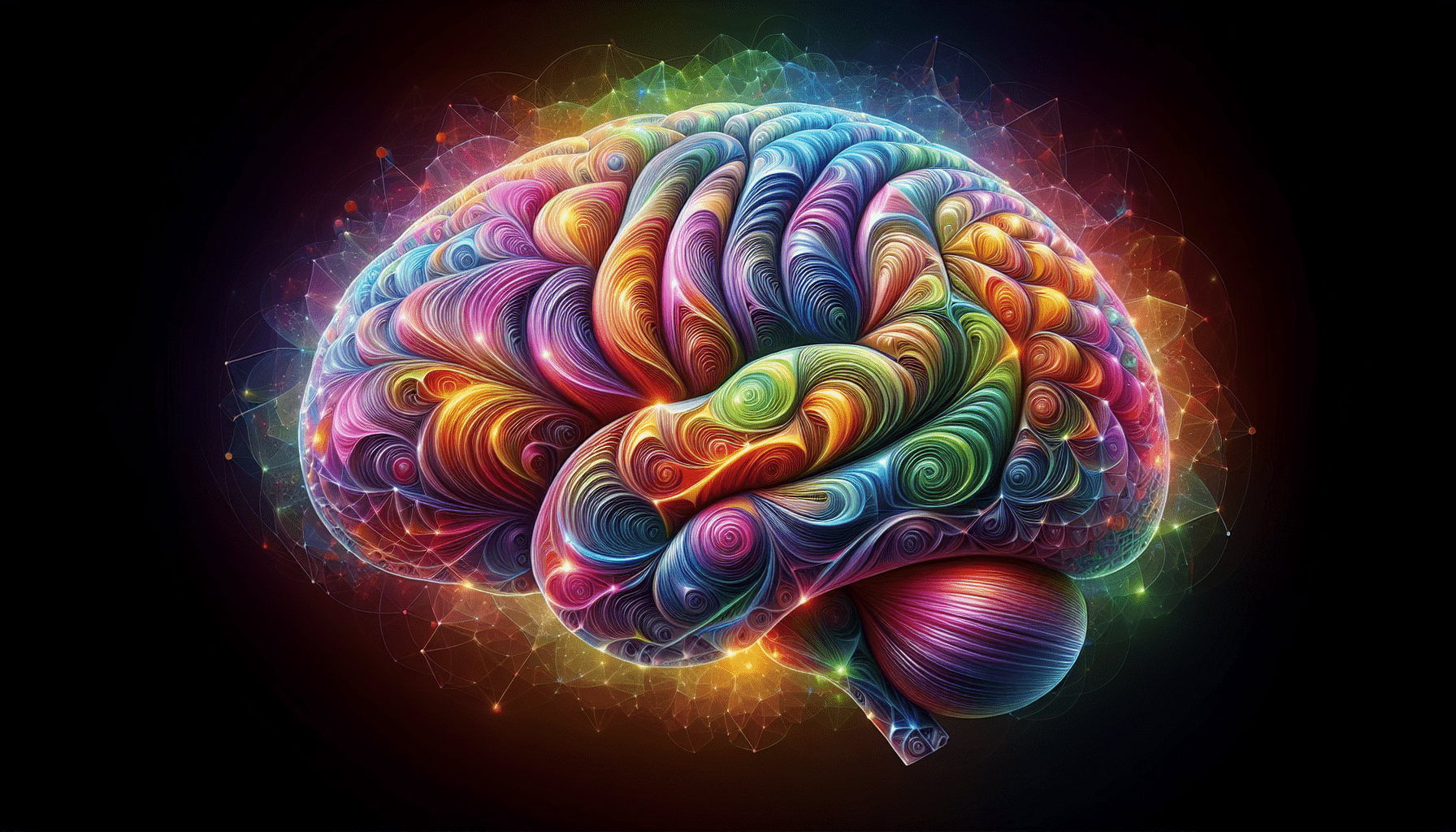Have you ever wondered if the constant juggling of tasks affects your memory as you grow older? As the world increasingly demands you to be fast and efficient, multitasking has become a routine part of life. But what happens when you split your attention among multiple tasks? Can it really have a long-term effect on your memory, particularly as you age? This article will unpack the impact of multitasking on age-related memory loss, so you can better understand its implications on your life.
Understanding Memory and Aging
Before diving into the effects of multitasking, it's important to understand how memory works and how it naturally changes with age.
How Memory Functions
Memory is a complex process that involves encoding, storing, and retrieving information. It is divided into different types like sensory memory, short-term memory, and long-term memory. Your ability to remember is influenced by various factors, including how much attention you pay to information and how meaningful it is to you.
Age-Related Memory Changes
As you age, changes in your brain can affect memory. Some neurons in your brain may shrink, especially in areas like the hippocampus that are critical for memory. Your brain's volume and density might decrease, making it harder to process information quickly and effectively. However, not all memory decline is inevitable, and lifestyle factors like mental stimulation, physical exercise, and diet play a role in maintaining cognitive function.

The Concept of Multitasking
To understand how multitasking affects your memory, it’s crucial to define what multitasking really entails.
What is Multitasking?
Multitasking involves handling multiple tasks simultaneously. This is often misleading as the brain switches rapidly between tasks rather than performing them all at once. This can occur in two forms: concurrent multitasking, where tasks are done in tandem (like listening to music while driving), and sequential multitasking, where you switch between tasks without completing them (checking notifications while writing an email).
Why People Multitask
The urge to multitask often stems from the need to maximize productivity and efficiency. Technological advancements have made it easier and more tempting to perform multiple activities at once, but this doesn’t come without downsides.

The Effects of Multitasking on Memory
With a foundational understanding of memory and multitasking, it's time to explore how these intersect, particularly regarding age-related memory loss.
Multitasking Decreases Focus
Engaging in multiple tasks divides your attention, reducing focus on each task. This can lead to superficial processing of information, which affects your ability to encode this information into long-term memory. When you fail to store information properly, recalling it later becomes challenging.
Increased Cognitive Load
Managing several tasks at once increases your cognitive load. This means your brain is handling more information than it can efficiently process. Over time, this can exhaust your cognitive resources, potentially accelerating age-related memory issues.
Implications for Older Adults
Older adults may experience more pronounced effects from multitasking due to natural cognitive decline. As your brain becomes less adept at rapid task-switching, multitasking can lead to more significant memory lapses. Studies suggest that older age groups might experience a noticeable reduction in memory performance when multitasking compared to focusing on a single task.

Scientific Insights on Multitasking and Memory
Research has offered insights into how multitasking affects your memory, particularly in different age groups.
Research Findings
Several studies have shown that people who multitask frequently experience more memory problems than those who focus on one task at a time. Brain imaging studies reveal that multitasking can alter activity in brain regions linked to memory, like the hippocampus and prefrontal cortex. These changes can impair your ability to form and recall memories.
Long-term Consequences
Frequent multitasking might contribute to chronic stress. Stress hormones can affect your brain's health, leading to problems with memory retention and recall over time. Longitudinal studies are still exploring the long-term impacts, but initial findings suggest a potential link between habitual multitasking and earlier onset of cognitive decline.
Disparities by Type of Task
Not all multitasking scenarios affect memory equally. Tasks that require deep cognitive processing are more likely to impair memory when done alongside other activities. Simple, automatic tasks (like folding laundry while listening to a podcast) might not have as significant a negative impact.

Strategies to Combat Memory Loss from Multitasking
While multitasking is often unavoidable, adopting certain strategies can help mitigate its adverse effects on memory.
Focus on Single-Tasking
Practice focusing on one task at a time whenever possible. This improves efficiency and reduces cognitive load, allowing you to process information more deeply and improving retention.
Use Technology Wisely
Set specific times to check emails and social media, minimizing constant interruptions. Disable unnecessary notifications that prompt you to shift focus frequently.
Practice Mindfulness and Meditation
Mindfulness techniques and meditation can improve your focus and attention span. These practices encourage you to be present in the moment, which enhances your ability to concentrate on one task and aids memory.
Brain Training and Exercises
Engage in activities that stimulate your brain, such as puzzles, Sudoku, or learning a new skill. These can enhance cognitive flexibility and improve your ability to switch tasks when necessary without overwhelming your memory systems.

Conclusion: Balancing Multitasking and Memory Health
In our fast-paced world, some level of multitasking is unavoidable. However, understanding its impact on memory, especially as you age, can help you make more informed decisions about your lifestyle. By prioritizing single-tasking, managing your technology use, and incorporating mental exercises into your routine, you can help protect your memory as you grow older. Remember, taking care of your cognitive health today can pay off in the years to come.
